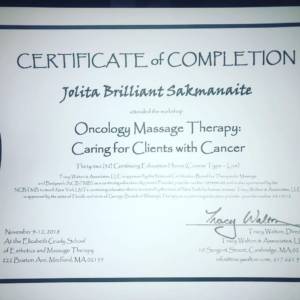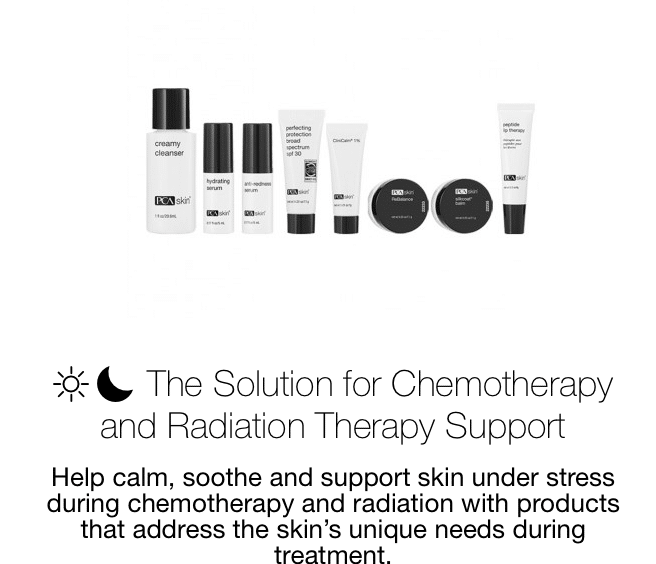ONCOLOGY MASSAGE
Happy to announce to have the honor to have more knowledge now to work with advanced stage cancer patients.


Oncology Massage Class 2018 November, Medford, MA
Patients with cancer history receive oncology massage. Oncology massage is the modification of existing massage therapy techniques in order to safely work with complications of cancer and cancer treatment. Anyone who has ever received cancer treatment, from those in active treatment to those in recovery or survivorship, as well as those at the end of life, are best served by a massage therapist who has received training in oncology massage.
Essential aspects of an oncology massage therapist’s skill set are an informed understanding of the disease itself and the many ways it can affect the human body; the side effects of cancer treatments, such as medications, surgery, chemotherapy and radiation; and the ability to modify massage techniques in order to adapt for these side effects, as well as for the disease.
ONCOLOGY MASSAGE ASSESSMENTS
 Clinical assessments and adaptations to the massage session for someone experiencing cancer or with a history of cancer treatment are critical to providing a safe massage. Standard oncology massage intake questions include those pertaining to:
Clinical assessments and adaptations to the massage session for someone experiencing cancer or with a history of cancer treatment are critical to providing a safe massage. Standard oncology massage intake questions include those pertaining to:
- cancer treatment history
- tumor site or metastasis
- compromised blood cell counts
- lymph node involvement
- blood clots or blood clot risk
- medications (short and long term)
- vital organ involvement
- fragile or unstable tissue
- medical devices
- fatigue, neuropathy or pain
- changes in sensation
- late effects of treatment
A properly trained massage therapist will ask questions about these issues and more, depending on your unique situation. Many of the changes that will be made to your session will be virtually imperceptible to you as a recipient (and others may be quite obvious), but they are essential to safety and proper support of your well being.
Source: https://www.s4om.org/oncology-massage-overview
Tension Headaches- Massage Is The Remedy

Asks us about PCA Skin Special Chemotherapy Kit


